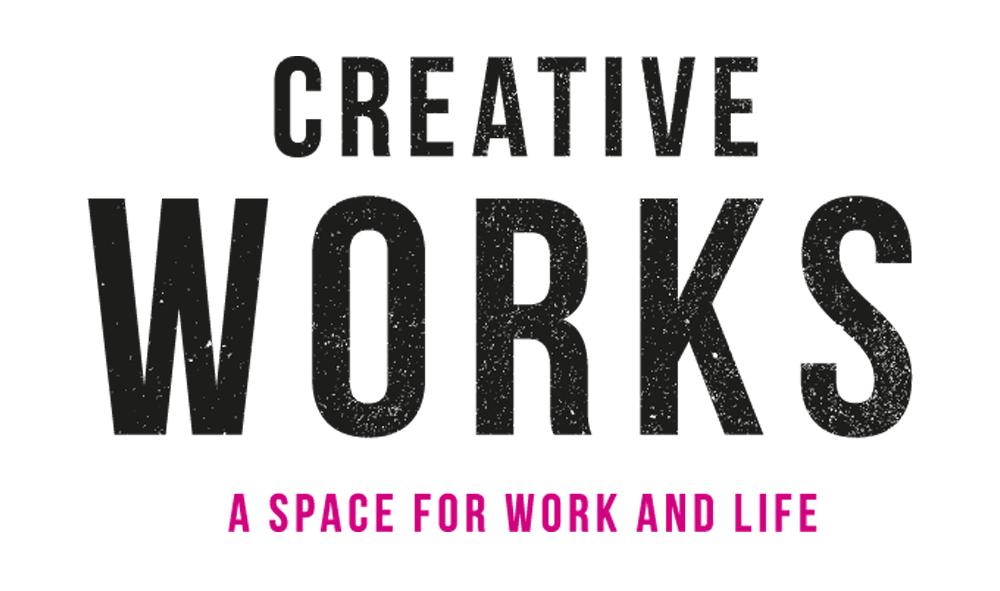Freelancing offers autonomy and flexibility, but true freedom comes from protecting your wellbeing and the longevity of your business. Without regular time off (even unpaid), the constant pressure to stay switched on can quickly drain your energy and motivation. The good news is that there is an antidote. Both research and lived experience reveal that taking scheduled breaks is a proven game-changer, boosting your wellbeing and, in turn, your productivity and creativity.
Break The ‘No Pay = No Day Off’ Cycle
Many freelancers view time off as a potential loss of income, which is understandable. However, time off is an essential investment in yourself and your business, not a luxury. In the UK, freelancers take an average of 24 days of holiday per year, four days less than the typical employee entitlement of 28 days.
This challenge is highlighted by an IPSE report, which found that over one in five freelancers took fewer than five days off in an entire year. This stems from a combination of compounded guilt, excessive workload, and financial anxiety. Despite these constraints, the same report reveals that most freelancers (92%) agree that taking time off boosts their wellbeing. Furthermore, 63% say it improves their work performance, with one-third gaining in productivity and nearly as many feeling more creative or inspired. There is a correlation between time off and lower levels of job-related stress, yet freelancers do not feel as though they can switch off entirely, with four out of five (78%) working even while on holiday.
The Science: Why Scheduled Rest Makes You Better
Plenty of rigorous research underscores that holidays are not indulgences, they are essential recovery tools:
- Long-Lasting Benefits: A meta-analysis across 32 studies from nine countries found that vacation benefits last much longer than expected, boosting wellbeing well after your return. Mood improvements can endure for up to six weeks (43 days) after a holiday.
- Improved Wellbeing: Holidays can lower stress hormones, strengthen the immune system, and enhance both sleep quality and mental clarity (all elements of increased productivity).
- Creative Renewal: Time off fuels fresh ideas, out-of-the-box thinking, and flexibility in problem-solving. Researchers found that after a holiday, employees produce a wider range of ideas and experience greater mental flexibility.
- Enhanced Productivity & Energy: Detaching completely from work helps prevent burnout, improves resilience, and increases engagement upon returning to work.
The evidence shows that rest is not wasted time; it’s the foundation for clearer thinking, healthier living, and sharper focus at work.
 Make Your Holidays Work For You
Make Your Holidays Work For You
Taking time off as a freelancer requires intention and planning. Here are some ideas to make it work in your favour:
- Plan and communicate proactively: Let clients know your holiday dates well in advance. Many freelancers start scheduling annual time off early in the season. You could schedule your holiday weeks every October, giving clients 3–14 months’ notice.
- Prepare financially: Budget for unpaid time. Many freelancers work extra beforehand or set aside funds to cover the gap.
- Organise the workload: Do not accept new contracts just before your break and wrap up ongoing work beforehand.
- Set strict boundaries: A true holiday means logging off. However, 58% of freelancers still reply to emails, 22% do bookkeeping, and 20% take on new work while supposedly taking time off work.
- Create a time off schedule that suits you: Set a schedule that works around your life. For instance, two weeks at Christmas, two in summer, and a week off every six to eight weeks.
Treat Planned Holidays As An Investment
Freelancers are just as human as everyone else, yet many of us treat time off as if we were machines built to run indefinitely. Taking well-scheduled, well-planned holidays should not be seen as a luxury that cannot be afforded. In fact, it sends a powerful message: your creativity, health, and quality of work matter more than constant output. Yes, time off may mean a few unpaid days, but it pays dividends in wellbeing, energy, and long-term success. Plan the breaks you would take if you had paid leave—and then take them. Your work, your health, and your life will all be better for it.




